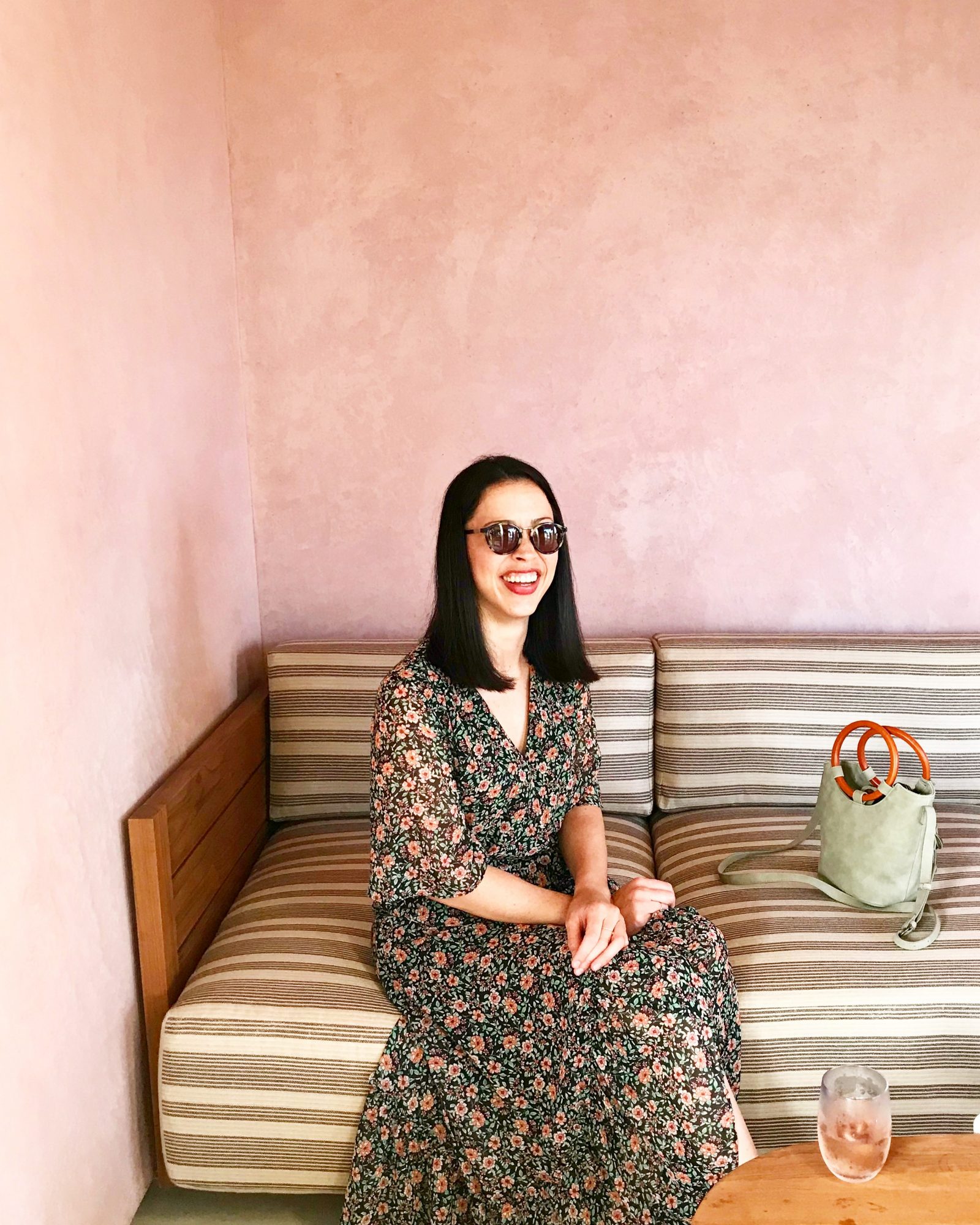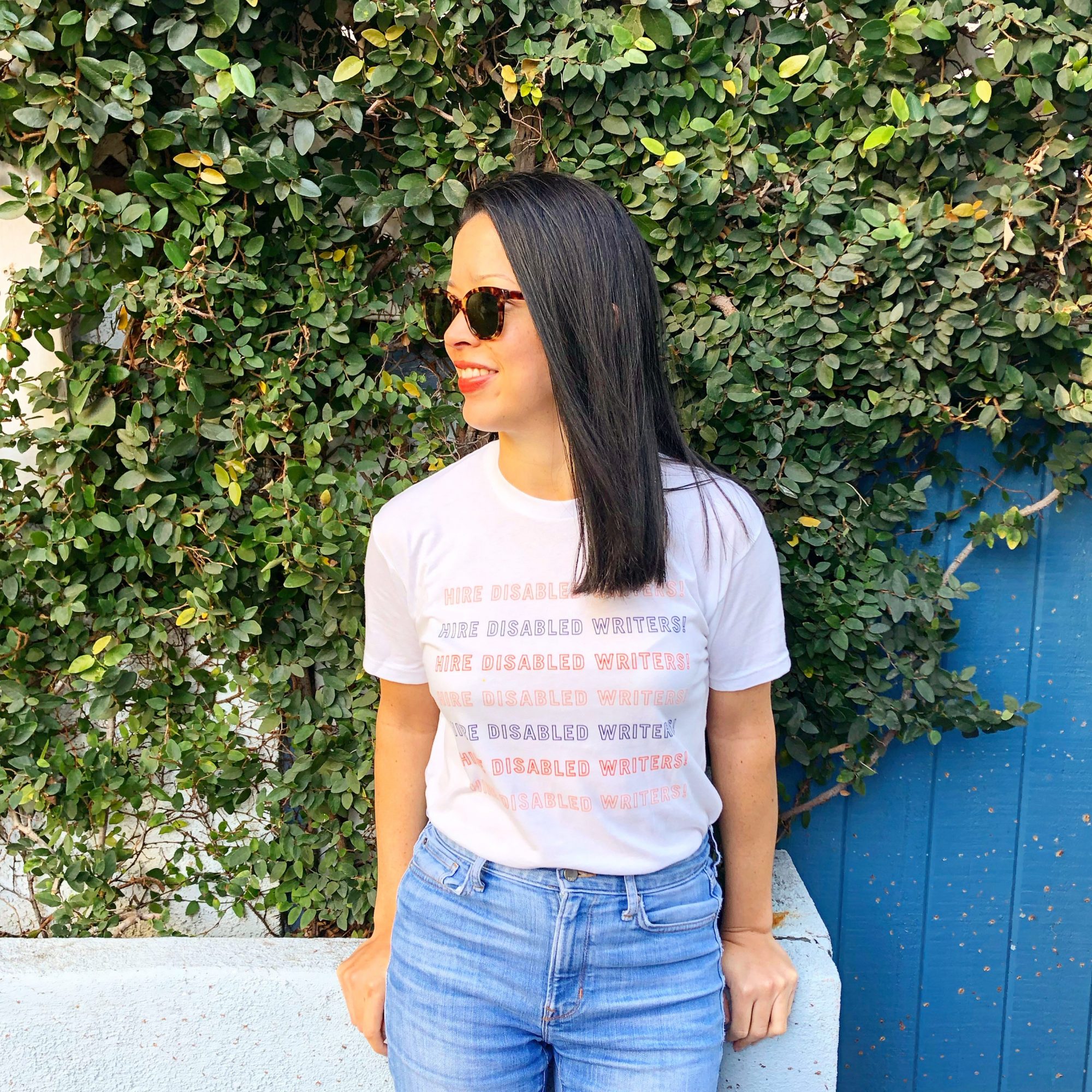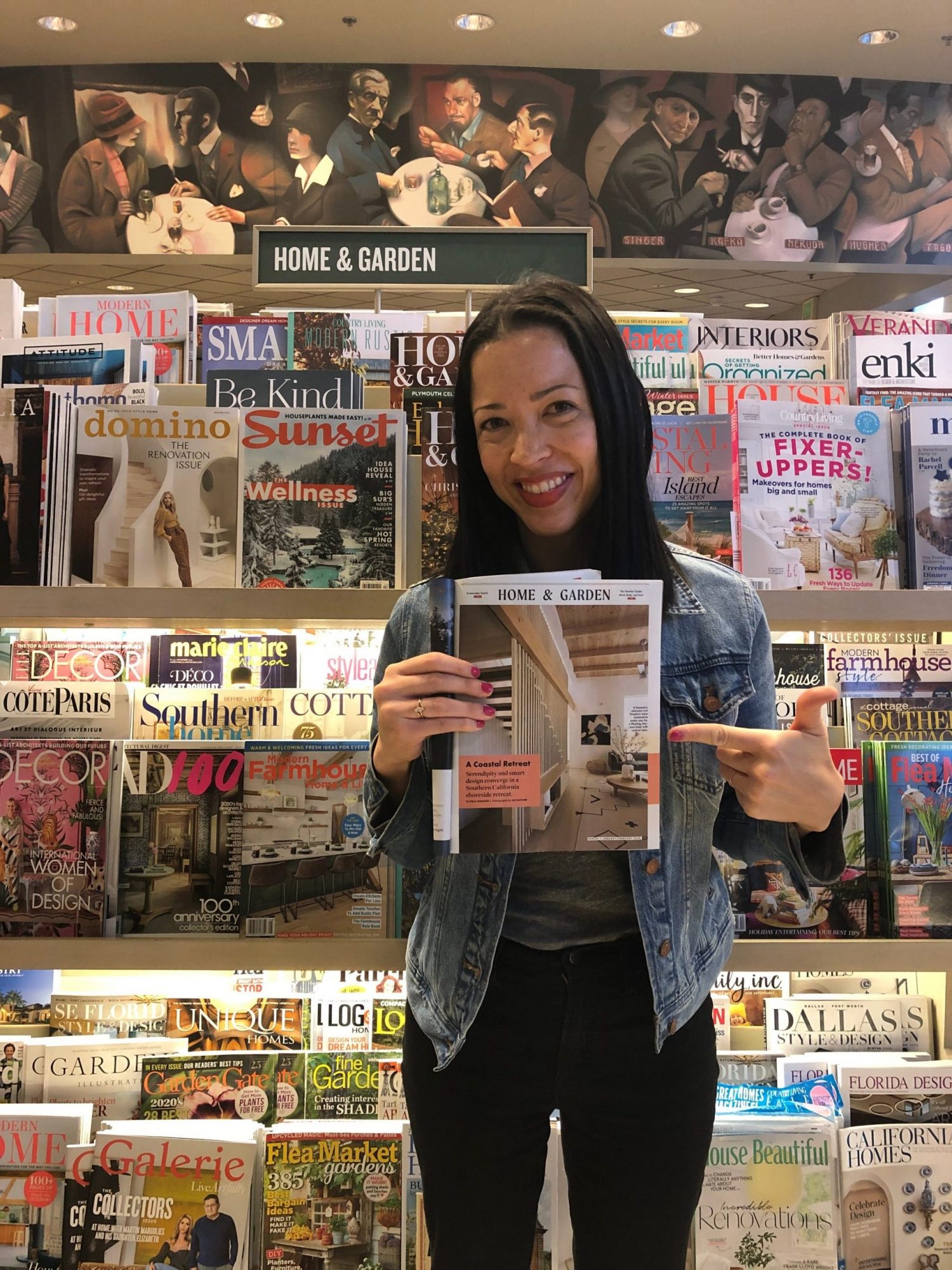

Today we’d like to introduce you to Kelly Dawson.
Hi Kelly, please kick things off for us with an introduction to yourself and your story.
I knew I wanted to be a writer from a very young age, so I feel very lucky that I’ve been able to make that happen! The funny thing about luck in careers, though, is that it usually requires a lot of time and effort behind the scenes before you hit a stride — “luck” to me is also about figuring out when to seize the moment. I interned for my local community newspaper as a teenager (and hung around there as a middle schooler, they were so kind) and continued doing that through college. After graduation, I worked for other small magazines, e-commerce sites, and a public relations firm. Years went by, and then the owner of the community paper reached out and asked me to step in for an editor who was going on maternity leave. He wanted me to attend a Dwell on Design event and interview the homeowners and architects there, except that my experience with the subject matter only went as far as HGTV and model homes.
I told him as much, and he told me to give it a shot. I responded, “Sure, what’s the worst that could happen?” Well, the worst happened: I accidentally signed up for the wrong event, and the person handling press passes wouldn’t give me one. I eventually found a way into the homes Dwell was featuring, it paid to have grown up in the area where the event was taking place, and after the story was published, I sent it to Dwell with the subject line, “Hire me.” I thought that they would just ignore it, but I got a call within the week asking if I was available for assignments. Now I’ve written for nearly every major design publication in the country, which is wild! I’m a deputy editor at Apartment Therapy and a longtime contributor to Dwell, Architectural Digest, and Real Simple. My writing has also been featured in Martha Stewart Living, Domino, Sunset, and Better Homes and Gardens, and I landed a story about furniture flipping in The New York Times earlier this year. I run a consulting agency called At the Crosswalk, too. Never be afraid to introduce yourself — a lot of writers just need one editor to believe in them.
Alright, so let’s dig a little deeper into the story – has it been an easy path overall and if not, what were the challenges you’ve had to overcome?
Writing is hard. Writing is hard even if you do it every day, all the time, for years. It’s particularly difficult when the industry as a whole is in a constant state of flux, a situation that’s been percolating since I was a middle schooler in my community paper’s newsroom, and that the general attitude toward writing as a whole is often a resounding “eh.” I wish I knew the answers to safeguarding this industry beyond investing in local journalism, subscribing to publications you love, supporting community bookstores, and using a library card. I guess what I mean to say is that *good* writing is hard and should hold more value. There’s such a connection that’s formed between a reader and a solid piece of writing, and that bond stays with you and helps you find your place in the world. It can feel as warm as a familiar song, with its own rhythm and sound.
But this question was about my personal struggles, wasn’t it? I have gone through the typical hurdles of any writer: rejected pitches, tightened budgets, days when the words just won’t come. I’ve also wondered how to climb a ladder that seems to have ever-disappearing rungs. My advice would be to build a community of fellow creatives that you trust — people who understand that your work requires ingenuity and flexibility in ways that won’t always match the road to a corner office, and that’s fine. I’m so grateful to have a group of “coworkers” who proof drafts, help craft important emails, navigate pay raises, and generally underscore my career. I’d also recommend that all writers test out the freelance waters and see how they can support themselves beyond a more traditional writing job (since they can be pretty precarious these days). Get a website and keep it updated! Grow your network! Meet deadlines with clean copy! Get comfortable with your finances and learn how to save (I know, ew, numbers)! See which other media forms strike your fancy! Read, read, read, and read some more! As a writer, you have to build your own safety net. It can be scary but go for it anyway. I find it empowering to know that I can create my own options.
Thanks for sharing that. So, maybe next you can tell us a bit more about your work?
I’m a writer, editor, and media consultant who covers design, travel and disability. As I mentioned, I’ve written for a wide range of shelter publications, like Architectural Digest and Dwell, but I’ve also delved into disability work through various media in the last few years because I was born with cerebral palsy. I was a guest host with Emily Ladau on two episodes of the OG podcast Call Your Girlfriend, did a cool campaign on inclusivity with Google, written for outlets like Vox and Cup of Jo, and acted as the four-time guest editor of Voices of Disability for Refinery29, among other things.
I’ll be honest: I didn’t exactly plan to do this. I still look over my shoulder when people refer to me as a public figure in this realm, as if they’re actually pointing to someone else, wondering how I got here! But I would read stories about disability from a non-disabled perspective or see how a disabled person was portrayed in a movie or show and knew that it wasn’t entirely accurate. The best stories come from first-hand experience! I also had plenty of tough anecdotes as a disabled woman that my friends would hear about over dinner or on the phone, and we would talk about why certain issues even exist. Over time, my frustration with all of that pushed me into advocacy.
I got my master’s degree from The London School of Economics, and part of my studies included disability representation. At the time, I figured that this knowledge was just for me to take in, like a personal awakening into where my body fits into history and storytelling and social dynamics. But once I started meeting more disability advocates and growing more comfortable as a writer and adult, it seemed like an obvious next step to join in. I hope my disability work feels approachable and warm, because that’s how I would want to be introduced to something I might not know much about — it’s also just the way I’ve gone about it in my personal life! This has taken my career in an unexpected but exciting direction, and I’m doing the best I can to navigate it in a way that feels natural to me.
We all have a different way of looking at and defining success. How do you define success?
On an everyday basis, success is being able to fill a blank page with a bunch of words that make sense — contentment is when all of those words unfurl exactly how I had imagined. On a wider scale, success is chasing my dreams but doing so in a way that fosters a community, keeps me challenged, and allows me to laugh and have a good time. Sure, I’m a writer, but I don’t necessarily aspire to be Ernest Hemingway.
I never want to be the type of person who feels as if I alone can do everything and anything for myself because I can’t. I come from a close family, I have a core group of friends, I’ve cultivated a supportive network, and all of those things have and will continue to contribute to my success. I am also so in love with the work that I do, I truly enjoy writing every single day, and success in this corner of my life would be to always remember how fortunate I am to have that.
Contact Info:
- Website: https://www.kellymdawson.com/
- Instagram: https://www.instagram.com/kellydawsonwrites/
- Other: https://www.atthecrosswalk.com/















